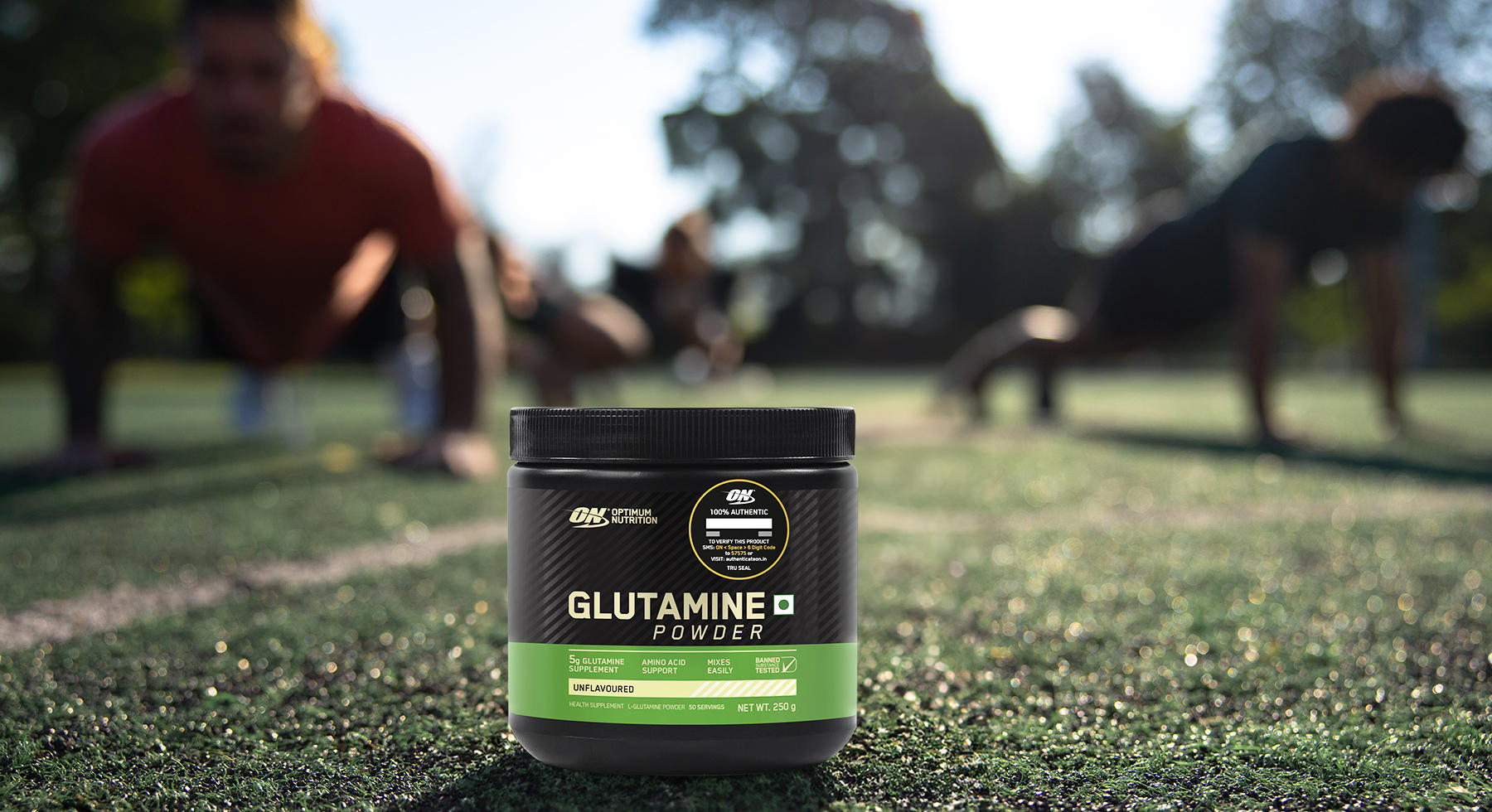
What is Glutamine?
To a lot of people Glutamine, Gluten, Glutathione it all sounds the same doesn’t it! And you keep hearing about health benefits or harms of one of these and it all can get very confusing. Today we will discuss all about Glutamine.
Glutamine is an amino acid, which is a building block of proteins. It is one of the 20 amino acids that make up proteins in the human body. Glutamine plays a crucial role in various physiological functions, and it is considered a conditionally essential amino acid, meaning that the body can usually produce enough of it, but there are situations where the demand exceeds the body's ability to synthesize it.
Glutamine in fact is the most abundant amino acids, in food and in the body.
Role of glutamine in the body
1. Muscle Support
Glutamine comprises about 60% of the free amino acid pool in skeletal muscle and accounts for greater than 20% of total circulating amino acids.
Glutamine is largely synthesized in skeletal muscle and the greatest concentration is found within skeletal muscle. The remainder of glutamine is found within the lungs, liver, brain, kidneys, adipose tissue, blood and the gut.
An average healthy adult can replenish Glutamine in sufficient quantities to meet regular needs.
Under normal conditions - the body can replete glutamine levels following exercise. Elite athlete who trains excessively multiple times per day, trains 7 days a week and are involved in intense sports, or do extreme exercise, training, competitive events or activity, and/or multiple sessions in one day are at greater risk of glutamine depletion. Recreational gym users do not generally need to supplement with Glutamine, as they do not exercise at the intensity of an elite athlete. Elite athletes however may benefit from glutamine supplementation.
2. Immune Support
White blood cells in the immune system are fueled by glutamine. White blood cells increase due to illness or sickness. Therefore, increased Glutamine is required to help fuel those cells. If not enough Glutamine is circulating in the bloodstream, then Glutamine can be released from muscle stores to help provide fuel to the absorptive cells lining the intestines.
3. Intestinal Health
Glutamine is crucial for maintaining the health and integrity of the intestinal lining. It serves as a primary energy source for the cells lining the digestive tract and helps in the repair of damaged tissues.
4. Nitrogen Transport
Glutamine plays a role in the transport of nitrogen between tissues. It is an important carrier of nitrogen, which is essential for various metabolic processes.
5. Energy Production
Glutamine can be converted into glucose in the body, providing a source of energy, particularly for rapidly dividing cells like those in the immune system and digestive tract.
Take Home Message.
Not Everyone Needs to Supplement with Glutamine.
Glutamine supplements may help to restore muscle Glutamine levels in elite athletes involved in intense prolonged activity. However, a healthy, balanced diet will accomplish the same thing.
Disclaimer
We do not claim our supplements to have any direct health effects. Supplements are never a sole source of nutrition and may only provide results when taken consistently over time along with a balanced diet and exercise regimen.
Optimum Nutrition products are not intended to diagnose, treat, cure, or prevent any disease. Our products are intended to be used by Healthy Adults. In case of any medical conditions, please always consult with your doctor or healthcare professional first.

